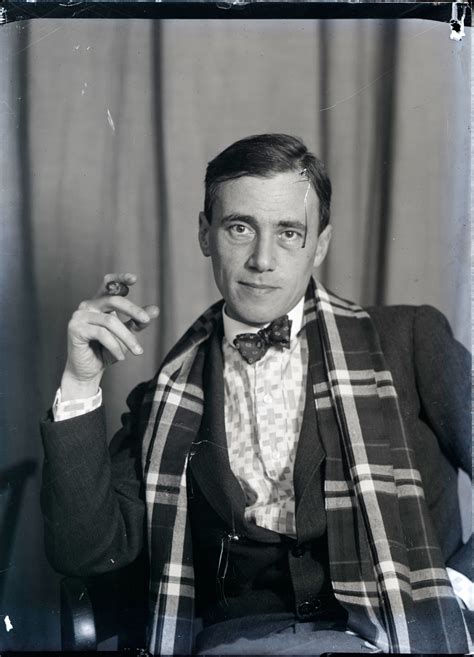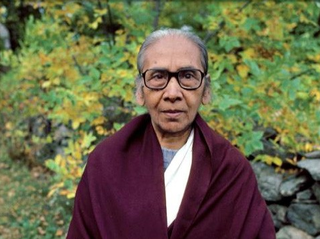A Quote by Adyashanti
Ego is the movement of the mind toward objects of perception in the form of grasping, and away from objects in the form of aversion. This fundamentally is all the ego is. This movement of grasping and aversion gives rise to a sense of a separate 'me,' and in turn the sense of 'me' strengthens itself this way.
Related Quotes
Ego is neither positive nor negative. Those are simply concepts that create more boundaries. Ego is just ego, and the disaster of it all is that you, as a spiritual seeker, have been conditioned to think of the ego as bad, as an enemy, as something to be destroyed. This simply strengthens the ego. In fact, such conclusions arise from the ego itself. Pay no attention to them. Don't go to war with yourself; simply inquire into who you are.
It is important to distinguish between sense-pleasure and sense-desire. There is nothing wrong with sense-pleasure. Pleasure and pain are part of our human experience. Sense-desire, on the other hand, is the grasping at pleasure or the avoidance of pain. This is what creates suffering-grasping and avoidance.
In Buddhist ideology, the conventional self is that which is constructed in a way by the use of the pronoun, and when you realize there is no absolute ego there, no disconnected one, self, or ego, then that actually strengthens your conventional ego. It does so in the sense that then you realize it's a construction, and you can strengthen it in order to help others, or do whatever you're trying to do, it's not like you no longer know who you are. Then you can organize your behavior by using your ego, as it's now the pronoun.
"The first awareness of the child comes with his ego. He becomes aware of the "I", not of the Self. Really, he becomes aware first of the "thou". The child first becomes aware of his mother. Then, reflectively, he becomes aware of himself. First he becomes aware of objects around him. Then, by and by, he begins to feel that he is separate. This feeling of separation gives the feeling of ego, and because the child first becomes aware of the ego, ego becomes a covering on the Self. "
How does one get rid of fear? Ramana: What is fear? It is only a thought. If there is anything besides the Self there is reason to fear. Who sees things separate from the Self? First the ego arises and sees objects as external. If the ego does not rise, the Self alone exists and there is nothing external. For anything external to oneself implies the existence of the seer within. Seeking it there will eliminate doubt and fear. Not only fear, all other thoughts centred round the ego will disappear along with it.
There are only two states of consciousness that exist - the state of the ego and the state of love. The ego is the narrow state, the seed-form, the atomic stage; love is all encompassing, love is God. The center of the ego is I; the ego exists for itself. The nectar of love is the universe. Love exists for all.
One of the most important elements of Caio-ness I wanted to keep was that left to right reading, where one form draws you... this movement in what is otherwise a fairly still art, that sense of pulling the eye. It involves a sense of time. To me that's esoteric and magical and playful, and if a painting doesn't have that, to me it's just canvas and paint. If it does have that, then it rises above its materials.
Know that for the human mind there are certain objects of perception which are within the scope of its nature and capacity; on the other hand, there are, amongst things which actually exist, certain objects which the mind can in no way and by no means grasp: the gates of perception are closed against it.


































